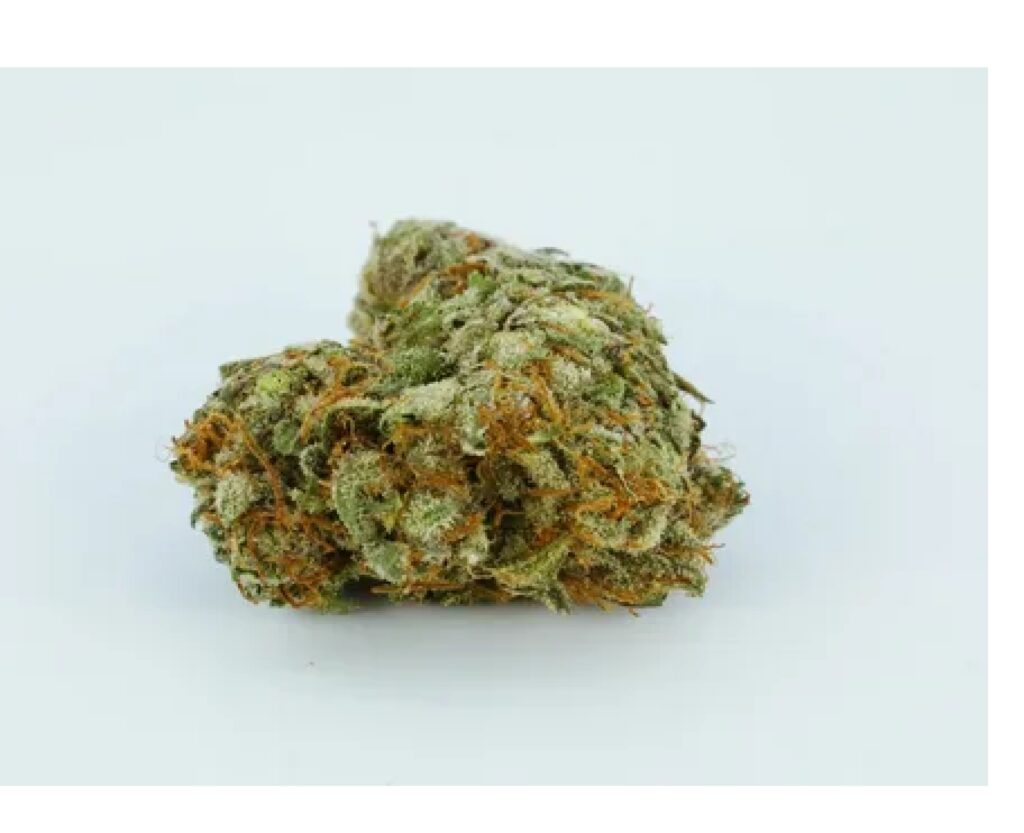Introduction to Too Buku Marijuana Strain
Too Buku is a noteworthy strain in the cannabis community, prized for its unique blend of genetics and the balanced effects it offers. Known for its potent yet harmonious high, this strain encapsulates the best of both indica and sativa worlds, making it a favorite among both recreational and medicinal users.
Genetics and Lineage
Too Buku is a hybrid strain with a lineage that captures the imagination. It is often described as having roots in both indica and sativa parent strains, typically resulting in a balanced or slightly indica-dominant profile. The exact genetic makeup can vary, but it’s known for inheriting robust traits from its ancestors, which may include well-known strains like Master Kush and Bubba Kush, though the specifics can depend on the cultivator and phenotype.
Appearance, Flavor, and Aroma
The Too Buku strain is visually striking, featuring dense buds with a rich green hue and a sprinkling of trichomes that testify to its potency. Orange pistils weave through the buds, adding to its visual appeal.
In terms of flavor and aroma, Too Buku offers a complex bouquet. Users often report a blend of earthy, spicy, and sometimes fruity undertones. The aroma is similarly nuanced, with a pungent earthiness complemented by sweet and spicy notes, making it a delight for the senses.
Effects and Experience
Too Buku provides a balanced effect that satisfies both mind and body, making it incredibly versatile. The initial onset is typically cerebral, offering uplifting and euphoric sensations that can enhance creativity and focus. As the high progresses, its indica roots come to the forefront, delivering a soothing body relaxation that doesn’t necessarily lead to couch-lock, but rather a comfortable, calm state. This makes Too Buku ideal for evening or nighttime use, though it can be enjoyed at any time of the day depending on the user’s tolerance and activity level.
Medical Uses
Medicinally, Too Buku has a wide range of applications. Its dual-effect nature makes it suitable for treating various conditions. Patients with chronic pain, muscle spasms, and inflammation may find significant relief thanks to its soothing body effects. Meanwhile, its uplifting cerebral impact can be beneficial for those dealing with stress, anxiety, and depression, providing a serene mental escape.
Growing Too Buku
Growing Too Buku can be a rewarding experience for cultivators of all levels. It is known for its resilience and can thrive in both indoor and outdoor environments, though controlled indoor conditions can lead to optimal yields and potency.
Climate and Conditions
Too Buku prefers a mild to warm climate, with consistent temperatures and humidity levels. Indoor growers will want to maintain temperatures around 70-80°F (21-27°C) and keep humidity levels in check, particularly during the flowering stage to prevent mold and mildew.
Feeding and Care
Nutrient needs are moderate, but attention should be paid to proper nitrogen levels during the vegetative stage and phosphorus and potassium during the flowering phase. Regular monitoring and adjustments based on the plant’s growth and health are key to achieving the best results.
Flowering Time and Yield
The flowering time for Too Buku is approximately 8-9 weeks when grown indoors, with outdoor plants ready for harvest around early to mid-October. Yields can be generous with proper care, offering an average of 12-16 ounces per square meter indoors and potentially more outdoors in ideal conditions.
Conclusion
The Too Buku marijuana strain stands out for its balanced effects, versatile medical applications, and relatively straightforward cultivation requirements. Whether you’re a seasoned consumer or a newcomer to the cannabis world, Too Buku offers a rich and nuanced experience that caters to a wide range of preferences and needs. As with any strain, individual experiences may vary, so it’s important to approach Too Buku with an open mind and adjust consumption according to personal tolerance and the effects you seek.
- Benefits of Cantaury Supplements - April 2, 2024
- Benefits of Celery Supplements - April 2, 2024
- Benefits of Catuba Supplements - April 2, 2024

